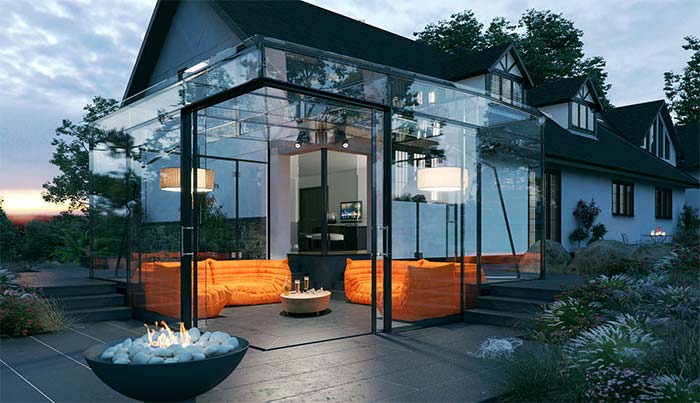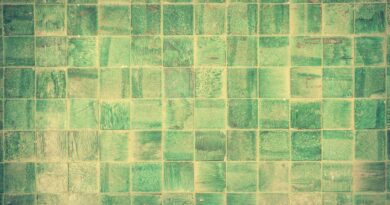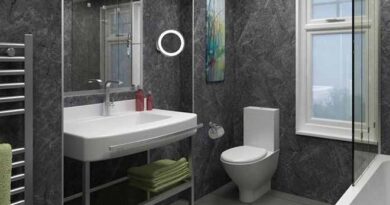Get the Wow factor with a Glass extension
Modern Glass extensions
A glass extension is an attractive building option that adds a stunning wow factor to any living space, increases its value, and floods homes with natural sunlight. Thanks to recent advancements made in the architectural glazing sector, glass extensions now can even function as a part of the house without the considerable heat loss involved with traditional conservatory exteriors. These innovative solutions are now being used not only in up-market buildings but also in residential homes.
Modern glass extensions come in many forms from glazed conservatory space which is a glass box with sliding doors right through to fully integrated glass extensions which create an open-plan space that can be used for kitchens or dining areas, which floodlight into a wonderful full living space. Check out these glass extensions ideas for ideas on what is possible for your extension.
Glass extensions are comprised of multiple panels which are fitted into frames designed to resemble the appearance of traditional conservatory panelling. The panelling and louvers can be opened up completely to create an instant sunroom or patio while sliding doors allow a seamless connection between the extension and the main home. Glass is also extremely useful when it comes to conservatories, helping create the illusion of a much larger space. The louvers and glass panels can be made to match the rest of the house or can be made to contrast with a different colour or style of wall.
One of the biggest advantages of glass extensions is that they incorporate the advantages of structural glazing with modern design features. In order to understand how glass extensions work, it is first necessary to appreciate the basic principles of thermal mass flow. As previously mentioned, most solar systems operate on the principle of solar insulating materials which are capable of reducing internal temperature levels within a building. However, in order to prevent heat conduction through windows and doors, additional insulation must be incorporated into the structure. In many cases, this will be achieved by adding structural glass walls.
There are two main types of glass extensions. The first are known as sliding doors which have been specifically designed to incorporate an artificial horizontal blind. This enables the light to be directed in a single direction, but at the same time prevents any heat from penetrating the room. A sliding glass extension can be a great way of improving the illumination in a conservatory but when it comes to the safety aspects, it has often been found that these extensions are unsafe. This is because they can be easily knocked over or even hit by other items in the room.
Another type of glass extension is louvers which have been designed to replicate the look of more traditional forms of window decoration. While these can also be extremely effective at keeping the heat in a conservatory, it is generally thought that they are unsuitable for use in modern homes. Louvers are usually available in either metal or timber and while both of these variants are popular choices, it can be difficult to find a conservatory that is adequately protected from extreme weather conditions. This is why modern homes extension techniques now recommend that steel louvers or even aluminum louvers are used instead. You can also use PVC cladding as part of your glass extension to blend it into your property.
Selecting your glass extension
When it comes to the cost of glass extensions it can be more cost-effective to buy them from the shops rather than having them installed by a professional. If you choose to have them fitted by a professional, then it is important that you check their credentials as not all manufacturers or installers will be as reputable as one another. You may even want to check whether they have any recommendations that are displayed on their website. Reputable retailers should always display this information on their websites alongside customer testimonials. If you do purchase from a manufacturer or installer with no recommendations, then it is probably a good idea to purchase elsewhere. It is better to be safe than sorry when it comes to anything that involves your structural elements so it makes sense to seek advice from a qualified professional before proceeding.


